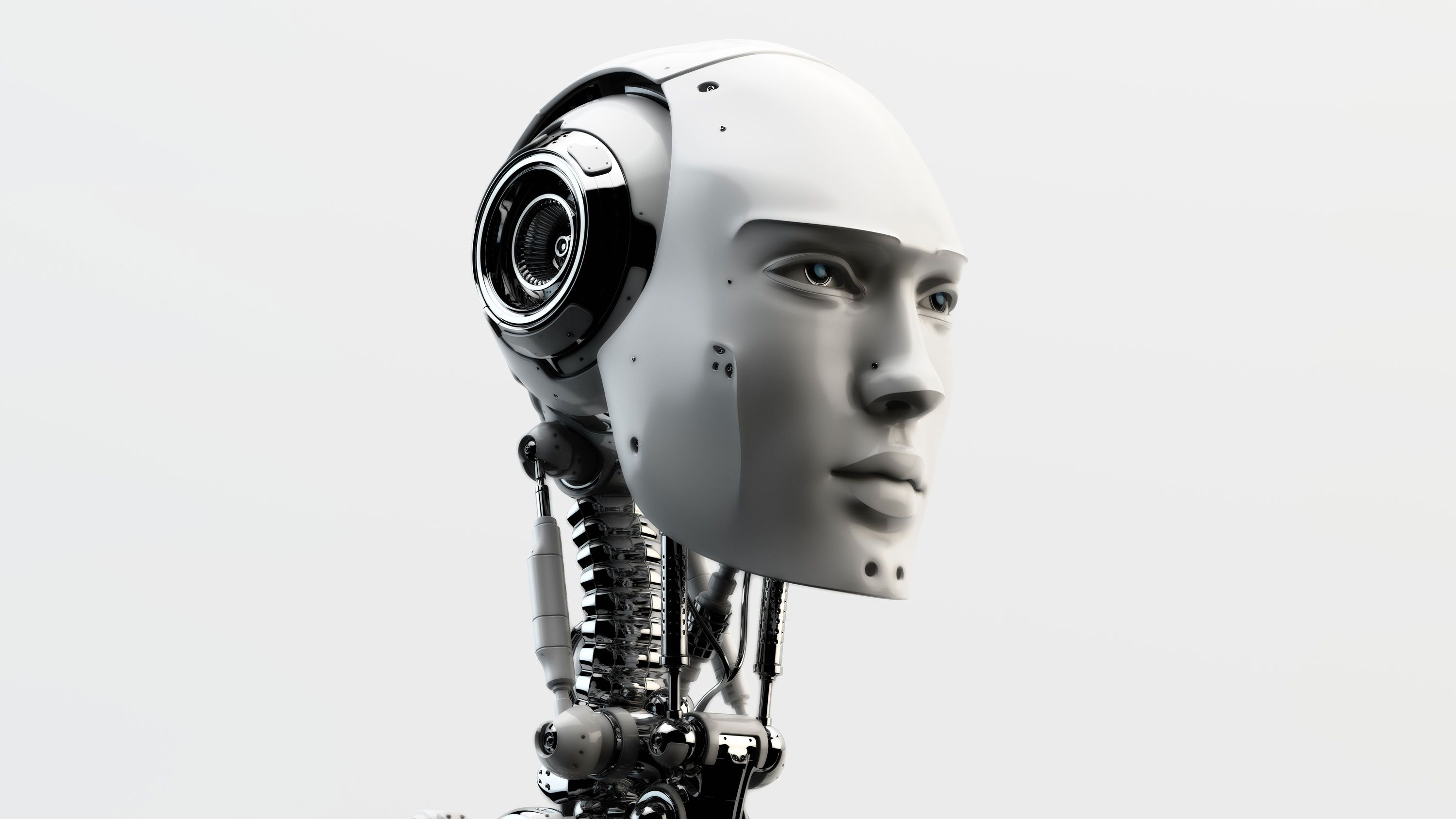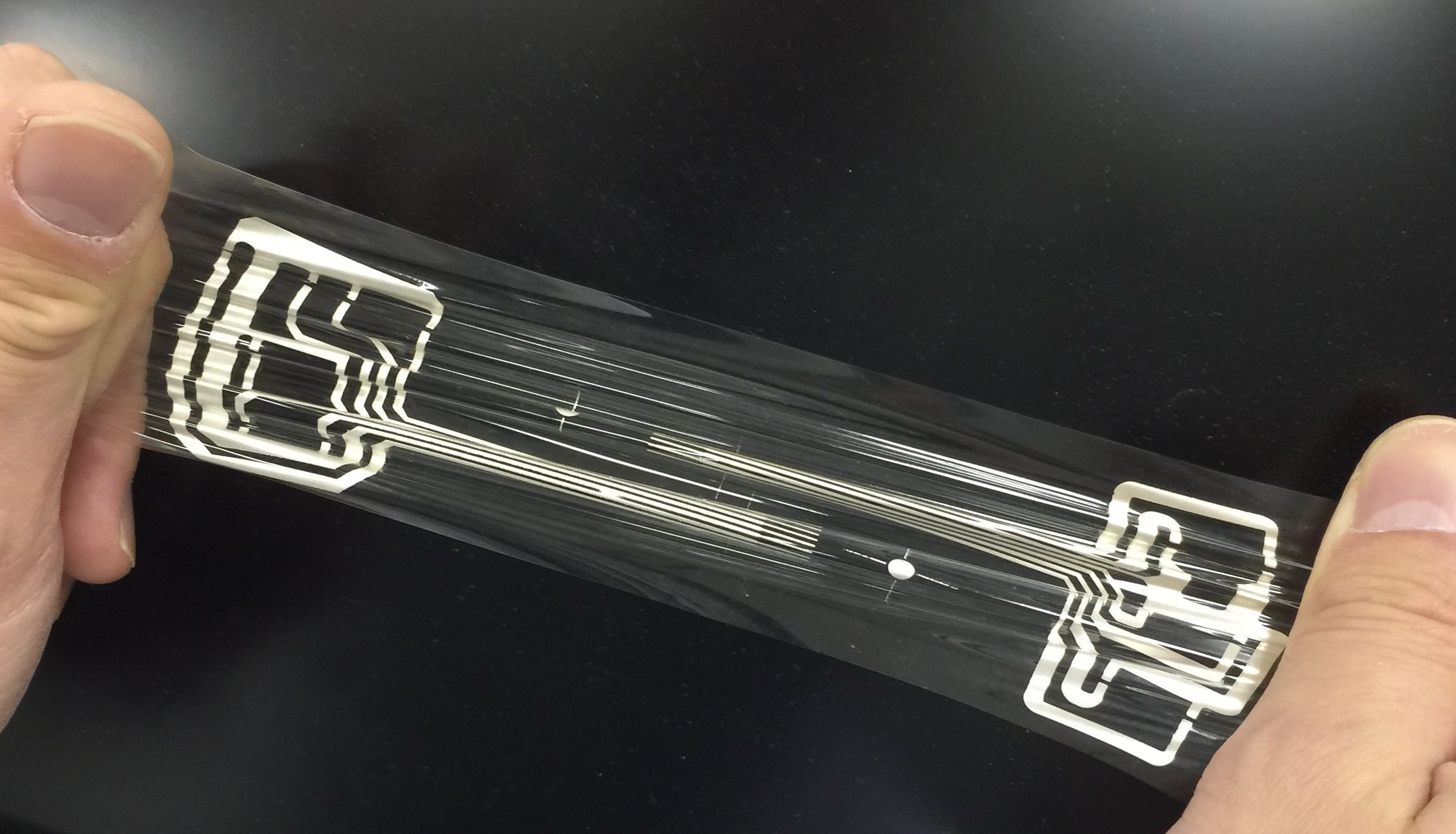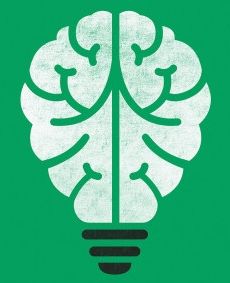Jan 3, 2016
The Next Einstein? –“Radical New Theory Answers Unsolved Mysteries of Physics”
Posted by Andreas Matt in categories: physics, space
In late May, mathematician Eric Weinstein gave a talk at Oxford University about his ideas about “Geometric Unity,” a mathematical theory that purports to explain why the universe works the way it does. Weinstein He earned a 1992 Ph.D [in Mathematical Physics from Harvard University and has since held a Lady Davis Fellowship in the Racah Institute ofPhysics at Hebrew University, an NSF fellowship in the mathematics Department of MIT.


















